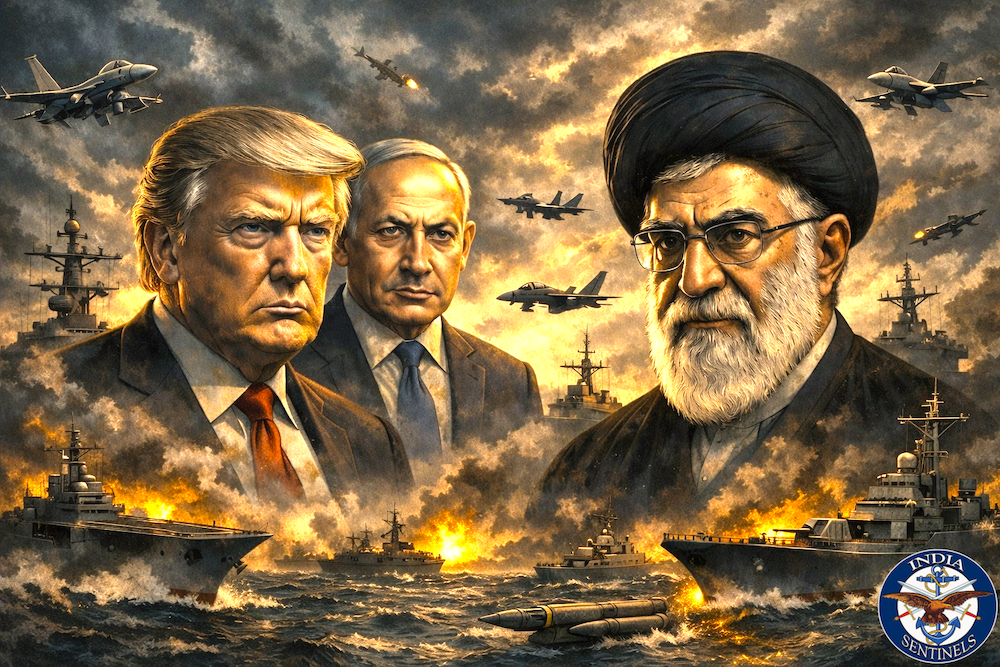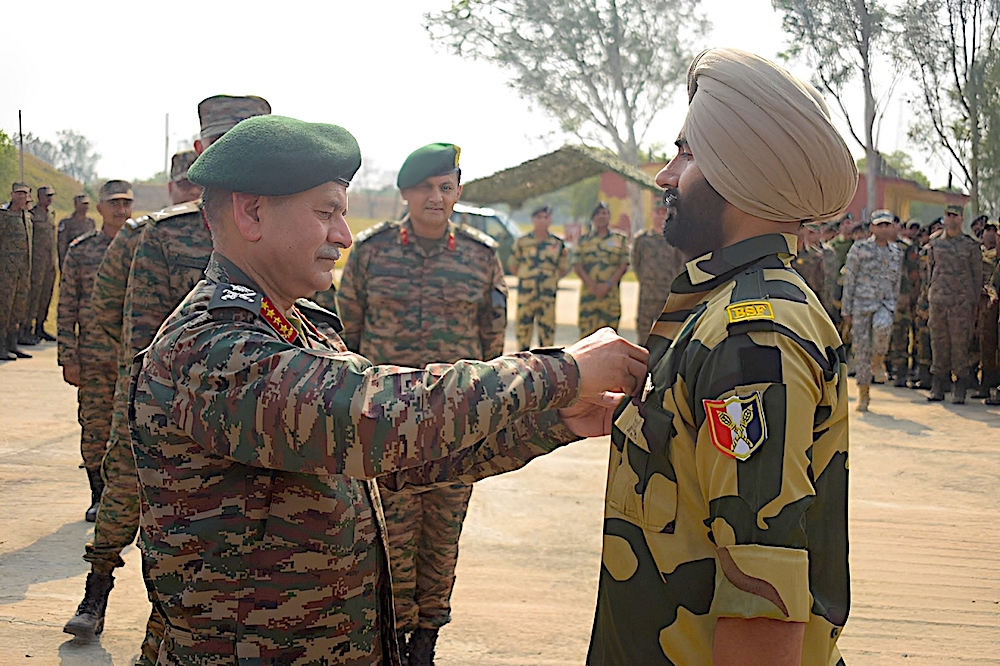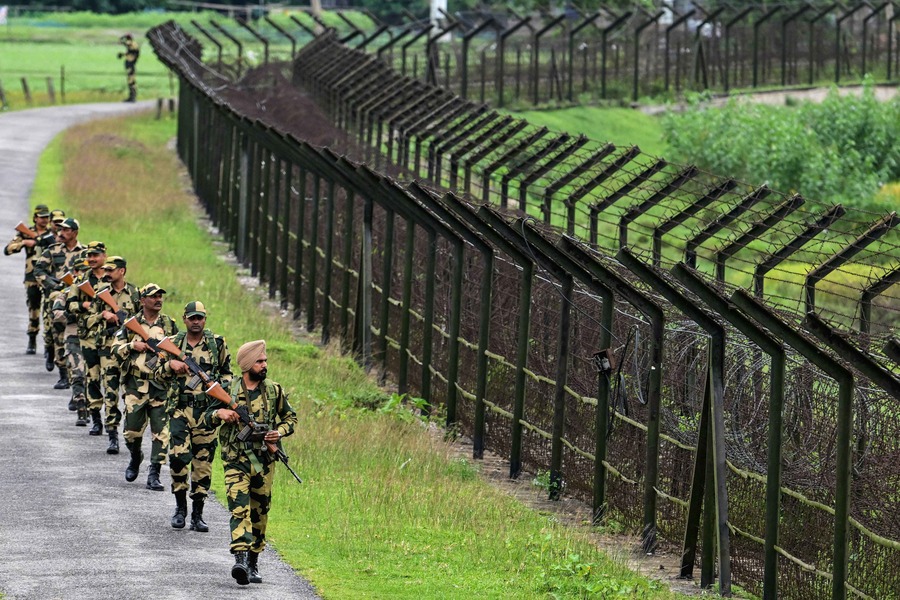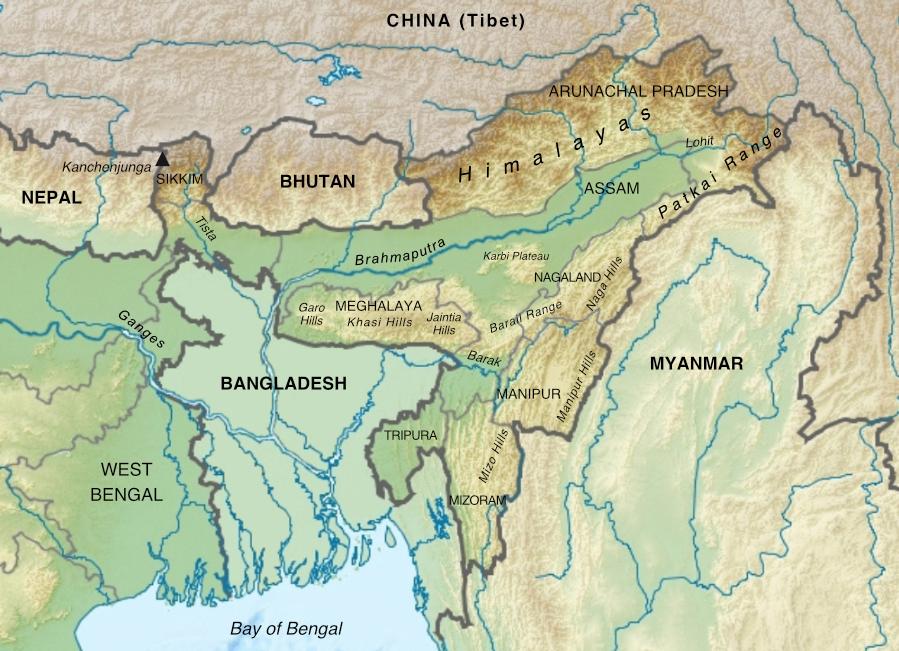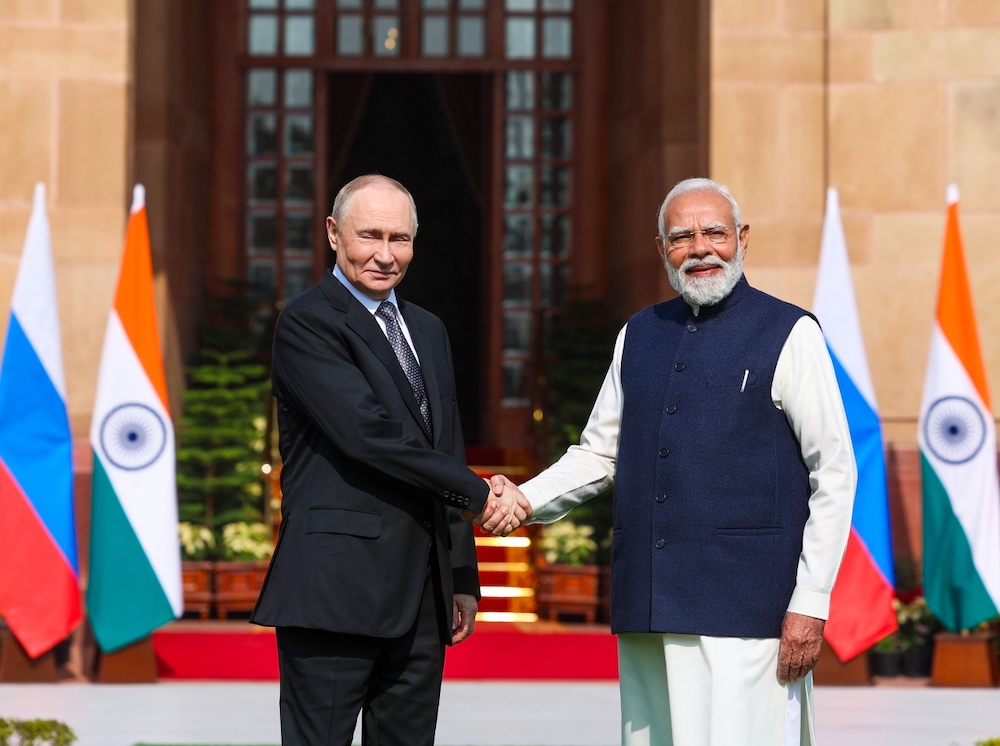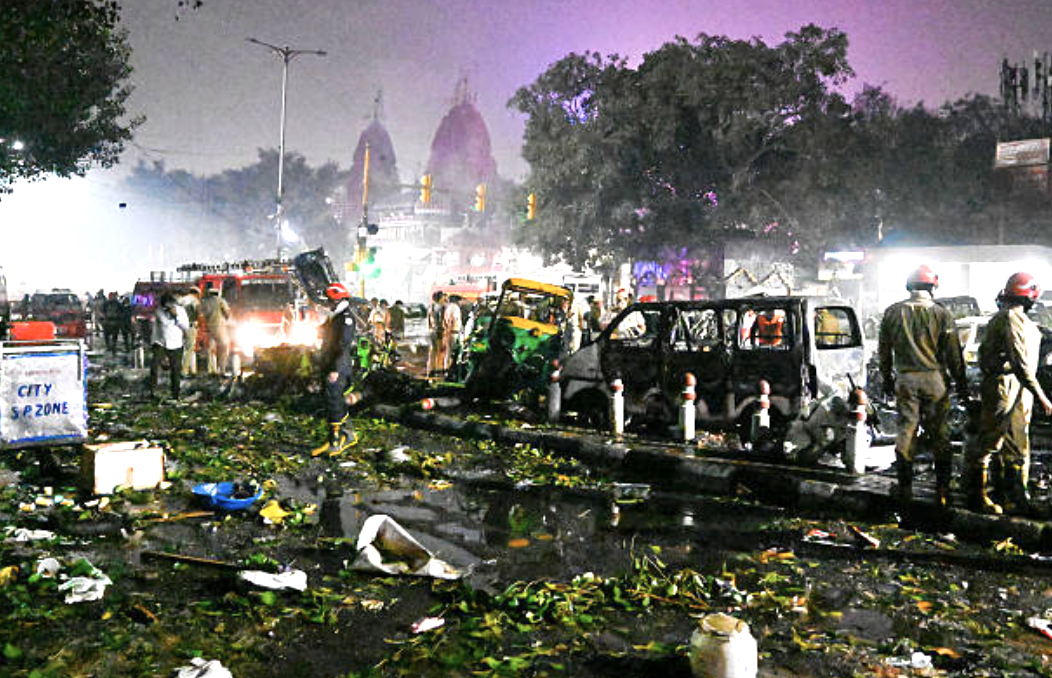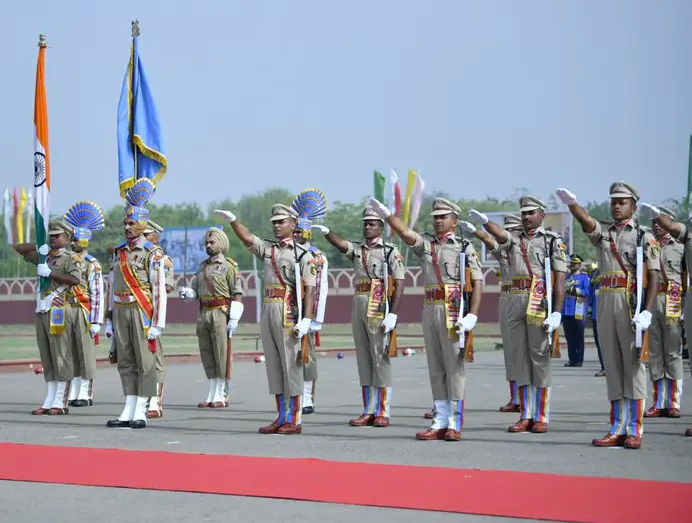
In a world increasingly vulnerable to terrorism and geopolitical brinkmanship, the prime minister, Narendra Modi, delivered a pointed message following India’s recent Operation Sindoor: “Nuclear blackmail will not come in the way of anti-terror action.” Behind this statement lies a significant shift in India’s strategic doctrine – one that challenges a long-standing assumption in South Asia that the mere possession of nuclear weapons grants impunity to those who sponsor or shelter terror.
To understand the gravity of Modi’s words, we must first understand what “nuclear blackmail” is. It refers to the calculated use of nuclear deterrence, not for defence against existential threats, but as a diplomatic shield for lower-intensity, often asymmetric warfare, including cross-border terrorism. In South Asia, this tactic has manifested in a pattern where state-sponsored or state-tolerated terror actors strike, while their host nation counts on the spectre of nuclear escalation to restrain any meaningful retaliation.
Read also: Pahalgam attack – An opportunity to unite against terrorism
India has long walked this tightrope. For decades, it responded with caution, even restraint, to attacks carried out by non-state actors operating from neighbouring Pakistan – notably the 2001 Parliament siege and the 2008 Mumbai attacks. The underlying concern was always the same: Would escalation lead to nuclear conflict?
But the strategic calculus is changing.
Since 2016, India has responded to terrorism with a mix of covert and overt military operations – from surgical strikes to air raids across the line of control (LoC). These were not declarations of war; they were measured responses to targeted acts of terror. Yet each time, they defied the assumption that nuclear weapons would paralyse India’s hand.
Modi’s statement formalizes this evolving doctrine. It sends a message not only to Islamabad but also to the broader world: India will not be held hostage by nuclear threats when it comes to protecting its citizens and sovereignty.
Read also: How India checkmated Pakistan COAS Gen Munir’s dream project
The question then arises: Will this end terror emanating from Pakistan or is this dangerous brinkmanship?
Observers who have studied India-Pakistan dynamics since the subcontinent was partitioned in 1947 say Pakistan is unlikely to be deterred enough to stop aiding and abetting terrorism against India, as it has been doing since the late 1970s – first in the form of the Khalistani movement and then moving to Jammu & Kashmir – and even expanding the scope beyond geographical confines, as evidenced in the several bomb blasts across the country and, of course, the 26/11 Mumbai terror attacks.
The Pakistani military’s raison d’être is to keep India projected as the Islamic republic’s perpetual enemy. Following the India-orchestrated dismemberment of the country in the 1971 Bangladesh Liberation War, it is now in the “zone” where it believes that its only path to salvation is to keep India bleeding eternally.
Read also: Pahalgam attack is a wake-up call to shed myopic view on J&K proxy war
Therefore, critics warn that such a posture by India could invite miscalculation, especially because Pakistan’s nuclear weapons are solely for the purpose of being used against India, unlike India, which also has China to deter.
That concern is valid because nuclear weapons are not to be treated lightly. However, strategic restraint must not become strategic helplessness. If a nation can be attacked repeatedly by proxy forces while being told it cannot respond due to nuclear risks, then the global non-proliferation regime has failed in both spirit and substance.
Moreover, the notion that nuclear weapons deter all forms of response is flawed. Deterrence works both ways. A state that uses the atomic card to shield itself from accountability for harbouring terrorists risks undermining the very stability that nuclear deterrence is supposed to uphold.
Read also: Intelligence, structured force deployment key to finish J&K militancy
India is not rejecting responsibility. It is asserting a right to self-defence in the face of unrelenting provocation. It is also making a broader point to the international community that nuclear weapons cannot be used to launder the actions of violent extremists or to inhibit counterterrorism operations that are proportionate, targeted, and justified.
This is not a call for conflict, but a warning against complacency.
If the world is serious about combating terrorism, it must recognize that nuclear deterrence cannot be a tool of asymmetric aggression. The logic of deterrence must evolve to reflect a world in which threats come not just from foreign armies and borders, but from covert networks and ideologies that thrive in grey zones.
Read also: India must consolidate its western front to tame Pakistan
India’s stance may unsettle the strategic status quo in South Asia, but it is rooted in a belief that peace cannot be preserved by inaction. Proper stability arises from clarity of purpose, not paralysis by fear. As the prime minister’s words make clear, the age of nuclear blackmail must end – not with confrontation, but with conviction.
Disclaimer: The views expressed in the article are the author’s own and don’t necessarily reflect the views of India Sentinels.
Follow us on social media for quick updates, new photos, videos, and more.
X: https://x.com/indiasentinels
Facebook: https://facebook.com/indiasentinels
Instagram: https://instagram.com/indiasentinels
YouTube: https://youtube.com/indiasentinels
© India Sentinels 2025-26

